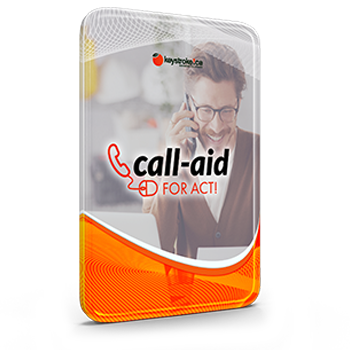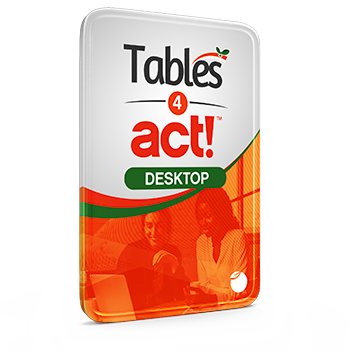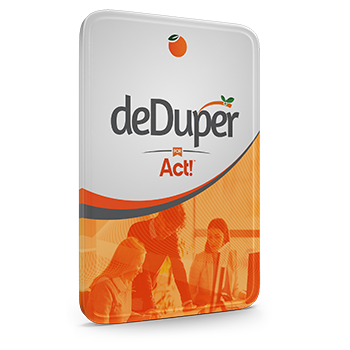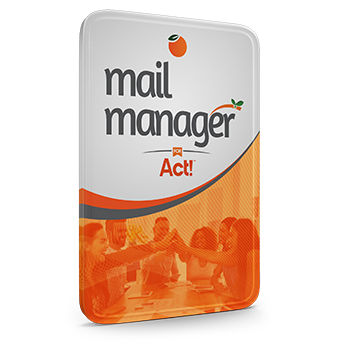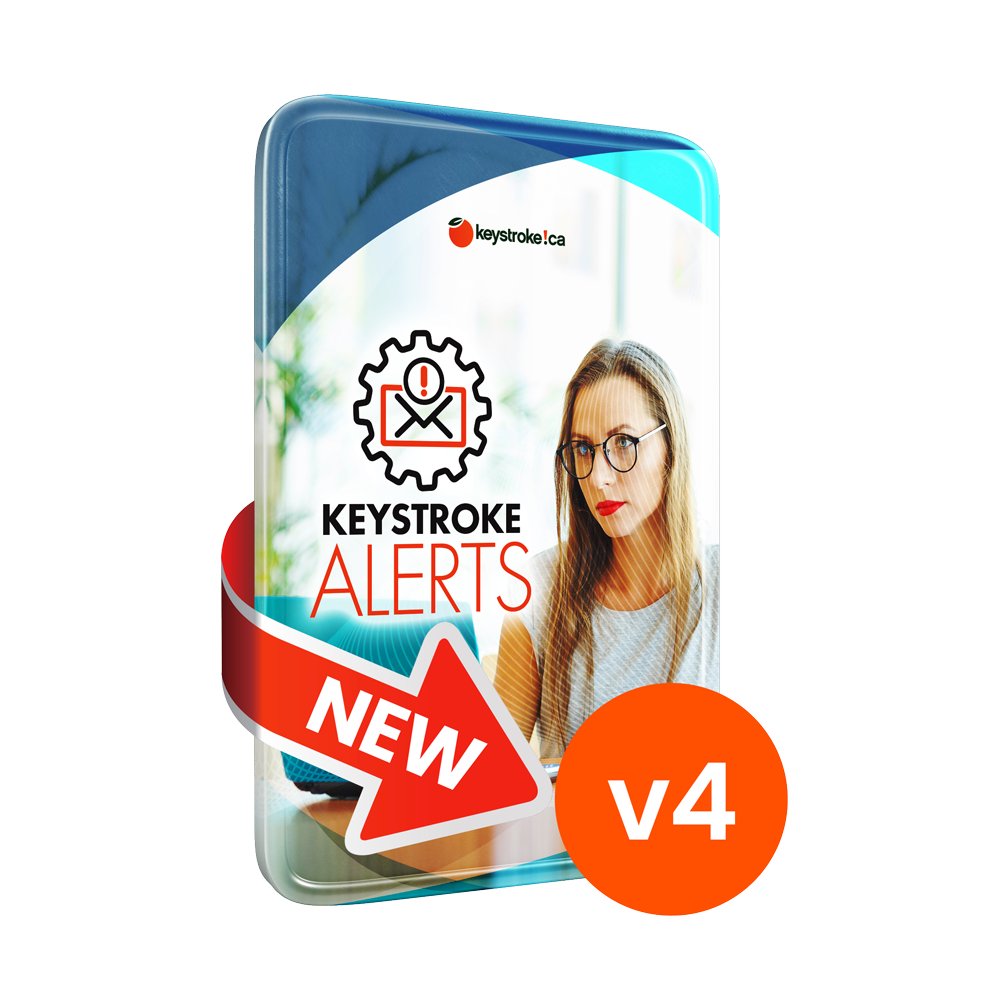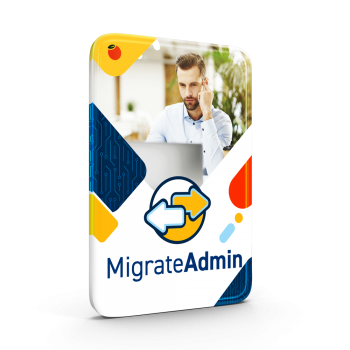Take a proactive stance
As the world responds to COVID-19 (coronavirus), the most important role for you as a business owner or manager is to protect yourself, your employees, and your customers. You are in a leadership role to guide, direct, and reassure those who work for you and those who count on you for products or services. A responsible, proactive approach will show your stakeholders that you understand the magnitude and the uncertainty of the current situation, and that goodwill, trust, and transparency are guiding your decisions. The following information will help you contribute to a healthier work environment and position you as a responsible citizen in your community. The coronavirus outbreak is a dynamic situation with ever-changing impact. It is taking a tremendous toll on people of all countries, ethnicities, ages, and lifestyles. Whether or not it has reached your community, your business will most likely be impacted by changes in buying habits, disruptions to supply chains, and more. The Better Business Bureau® hopes this special report is helpful to you, and we will continue to strive to be a reliable source of information throughout this situation.
Be a Part of the Solution
There are ways for you and your business to be a part of the solution for your community. Consider highly visible, community-centric tactics to demonstrate your commitment. There are many activities you could pursue such as giving out free hand sanitizer and providing different service or delivery options for those impacted.
Protect Your Employees and Your Customers
BBB is driven to help our Accredited Businesses manage the current situation in an informed and responsible manner. It is important for you to proceed with honesty, instilling trust in your customers, employees, and community. Encourage your employees to adhere to the following guidelines to help control the spread of the disease. Be sure to communicate the defensive steps you are taking to safeguard the health of your employees and their families, your customers, and your community.
- Practice Good Hygiene
- Avoid shaking hands to reduce the risk of spreading the infection
- Wash your hands often with soap and water for 20 seconds or use hand sanitizer with at least 60% alcohol. Use paper towels. They are less likely to spread the disease than jet dryers
- Shield coughs and sneezes with a tissue, elbow, or shoulder
- Refrain from touching your face
- Routinely disinfect surfaces like doorknobs, tables, desks, and handrails
- Increase ventilation by opening windows or adjusting air conditioning
- Limit food sharing
- Managing Your Business
- Use videoconferencing for meetings when possible
- Hold meetings in open, well-ventilated rooms
- Adjust or postpone large meetings or gatherings
- Assess the risks of business travel
- Follow official recommendations regarding public events, travel, and conferences
- Create or update your risk response plan
- Stay Home If:
- You feel sick or have a sick family member in your home
- You have a fever
Build Confidence With Your Employees
Take action! Involve your employees by strongly encouraging them to take defensive steps to safeguard their health and the health of their communities. It is important to stay informed about the progress and impact of the virus. Access reliable, knowledgeable sources such as the Public Health Agency of Canada and the World Health Organization (WHO). Guide and reassure your employees by keeping them up to date to prevent unnecessary panic or undue stress. Arm yourself with the most current information and share it with your workforce to show leadership and calm fears.
Beware of False Claims
The Federal Trade Commission (FTC) and the U.S. Food and Drug Administration (FDA) are monitoring companies that are making deceptive or scientifically unsupported claims about their ability to treat coronavirus. According to the FDA, there are no approved vaccines, drugs, or investigational products currently available to treat or prevent the virus. These companies pose a threat to public health and prey on consumers by promoting products with fraudulent prevention and treatment claims.
Depend On Reliable Sources of Information
